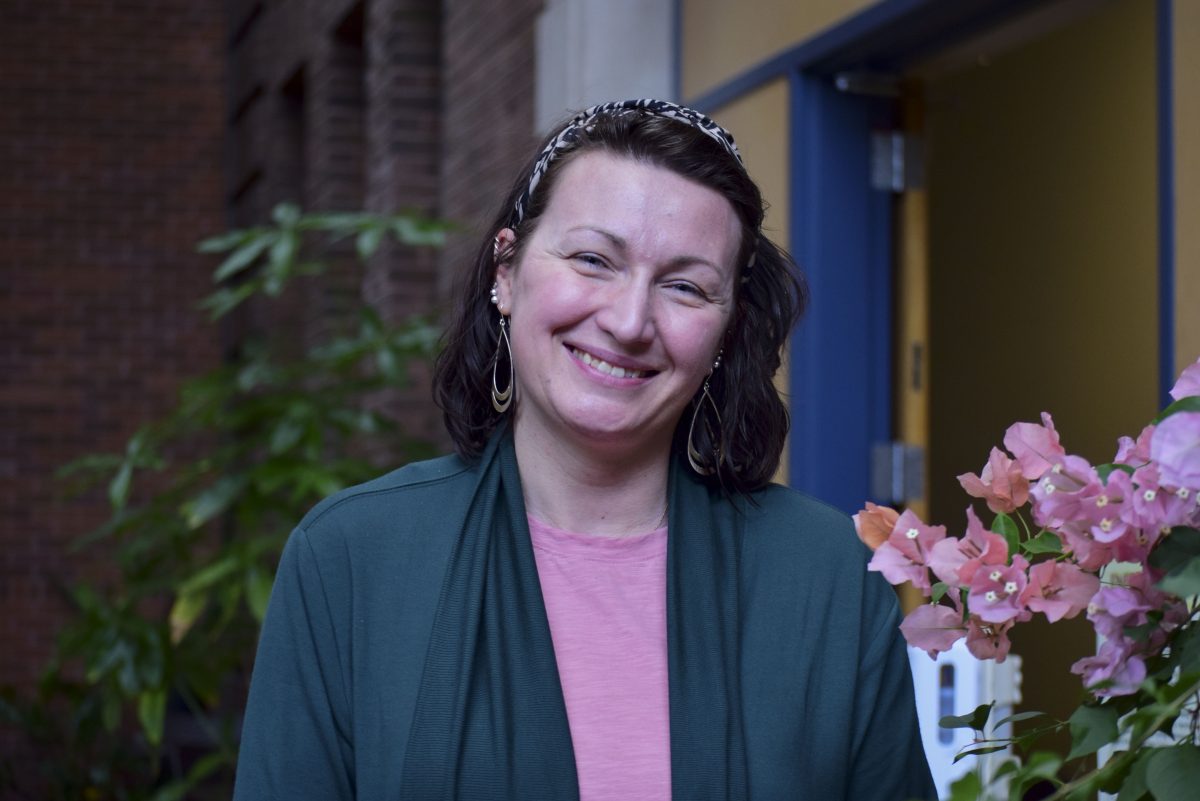Many students depend on coffee to keep themselves going through the late hours of studying, especially during finals.
Members of the Minnesota Public Interest Research Group are targeting the administration to require food service providers to offer fair-trade coffee on campus.
Aramark, the current food service provider for the University, will have to renew their contract this spring.
About 1,500 students and 76 faculty members have already shown support to require Aramark, or whoever the next food service provider will be, to offer fair-trade coffee.
Ryan Kennedy, first-year political science student, said MPIRG students and the Fair Trade Task Force have been working on this campaign all year.
“We need to act now and we have to act quickly,” he said. “Aramark does have the ability to bring in 100 percent fair-trade coffee.”
Erik Esse, Local Fair Trade Network coordinator, said students have a challenge campaigning because the administration is here forever, but students only have four years at the University and then new students have to start over.
Recently, MPIRG students from Macalester College and the College of St. Catherine were successful campaigning for fair-trade coffee. The University would be the first Big Ten School to join the movement.
Liz Wawrzonek, events and outreach coordinator for Peace Coffee – a fair-trade and organic coffee provider – said fair trade addresses not only the treatment of workers, but the quality of products as well.
Wawrzonek said there are many geographical differences that are noted in the taste of different coffees.
“I call the roasters part mad scientist, part high chef,” she said.
Wawrzonek said she partially attributes Starbucks to popularizing specialty coffees, something Peace Coffee has been able to capitalize on.
Esse said fair trade began as a way to express solidarity with people in the developing world so relatively wealthy consumers here could help poor producers there.
Farmers in the United States are going out of business on a massive scale and farm workers are being exploited and we need fair trade here, he said.
“Farm workers’ wages in the United States have not gone up for 20 years,” he said.
Alicia K. Ranney, coordinator for the Minnesota Fair Trade Coalition, said 300,000 family farms have disappeared since 1994, when the North American Free Trade Agreement was signed.
Ranney said 30,000 manufacturing jobs moved from Minnesota to Mexico, China and elsewhere for cheaper labor as a direct result of these trade agreements.
She said such agreements create incentives for corporations to move across borders because they all of a sudden don’t have to pay taxes or pay an extra cost to ship their product.
The University Dining Services hosted a sustainability fair earlier this semester.
However, MPIRG students said they were not pleased with the marketing.
Kennedy said UDS told him it provided fair-trade tea, but when he requested the beverage, Kennedy was told it was not available.
If the University changed its basic food services, Esse said, it would change the lives of thousands of people.
Right now, students can begin with focusing on the fair-trade coffee movement, he said.
Alida Sorenson, a nutrition junior and MPIRG member, said the group really wants to look at the bigger picture.
“We’ve been focusing really hard on a legislative level,” she said. “But we should look at what’s going on in the community as well.”










